When it comes to cleaning the exterior of your home or business, not all methods are created equal. While pressure washing is well-known for blasting away dirt and grime, it’s not always the best choice for delicate surfaces. This is where softwashing comes into play — a safe and effective alternative for cleaning without causing damage.
Softwashing is a cleaning method that uses low-pressure water combined with specialized solutions (typically biodegradable chemicals) to safely remove mildew, bacteria, algae, and other organic stains from roofs, siding, decks, and more. Unlike pressure washing, which relies on sheer force, softwashing treats the root cause of the problem: organic growth.
It’s common to confuse softwashing with pressure washing, but the two differ significantly:
The key difference lies in how the cleaning is achieved — pressure washing relies on power; softwashing relies on science.
The softwashing process typically follows these steps:
Softwashing offers several advantages over traditional cleaning methods:
Softwashing is particularly effective on:
It’s the go-to method for cleaning surfaces that might be damaged by high-pressure washing.
The typical softwashing setup includes:
Professional-grade systems may also include proportioning systems, rinse valves, and secondary tanks.
Many homeowners wonder if softwashing can be a DIY project. While it’s possible, there are pros and cons:
Safety is essential in softwashing. Here are a few best practices:
Many professionals now use eco-safe products that break down naturally and are safe around pets and landscaping.
Softwashing is an innovative, gentle, and effective method for cleaning your home or business exterior. It’s particularly valuable for delicate surfaces and areas affected by mold, algae, or grime that traditional pressure washing can’t safely handle. Whether you’re a homeowner looking to restore curb appeal or a business needing regular maintenance, softwashi

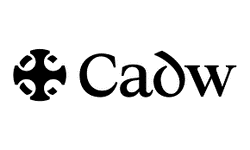


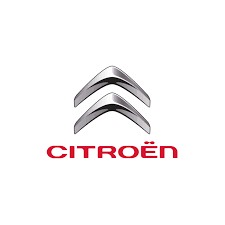
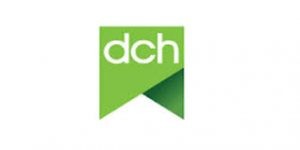
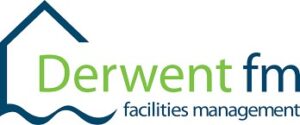
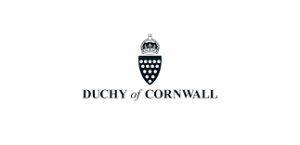

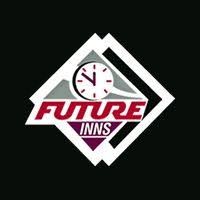

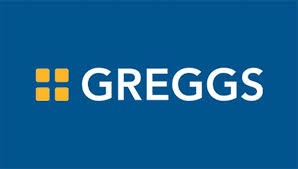



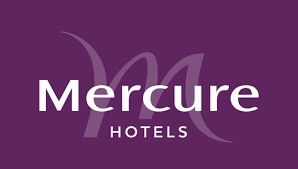

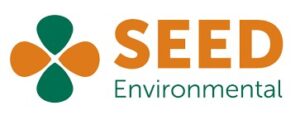
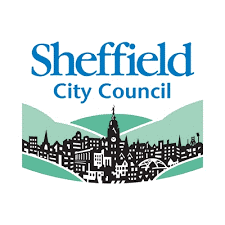

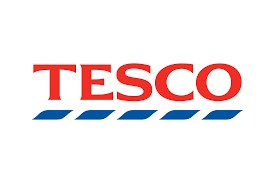
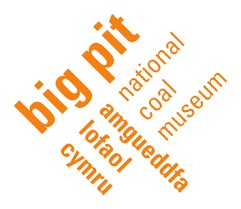


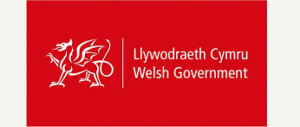
EXCELLENTTrustindex verifies that the original source of the review is Google. A fantastic result! Can’t fault the service and highly recommend. Thank you very much!Trustindex verifies that the original source of the review is Google. We’ve used Softwashing a number of times over the past few years to clean the exterior of our house, gutters and patio. Every time it has been a fantastic service, always going above and beyond, whether it’s attacking a stubborn rust stain or taking time to explain the process. We have recommended them to friends and neighbours and using them every year is testament to how happy we are with the work they do. Thanks!Trustindex verifies that the original source of the review is Google. The service was great, Gavin arrived on the dot of eight o’clock and he then talked me through the process before starting. He worked diligently using a range of different techniques to address the various issues. At the end the render looked like new! Would definitely recommend and will have them back again when it needs doing again!Trustindex verifies that the original source of the review is Google. As a director of and on behalf of Wardour Court Management Company and residents I wish to record our thanks to Gavin and his team. The property is a sensitive building constructed of Chilmark stone, it had not been cleaned for some time and was looking the worse for wear. They were all extremely efficient and professional as well as very pleasant and easy to talk to despite the difficulties they encountered, which included having to work 17 hours on one of the days. All the residents I have spoken to have expressed how pleased they are with the result, as are the directors of Wardour Court Management Co. We would happily use this company again and are equally happy to recommend them to others.Trustindex verifies that the original source of the review is Google. Gavin and his team recently cleaned the Chilmark stone courtyard mews where I live. The stone was in dire need of cleaning and proved to be a very difficult job including one 17 hour day. Despite the difficulties he and his team remained pleasant, friendly and very professional leaving us with what I can only describe as a transformation ... our ugly duckling has become a swan. I can't thank them enough for their dedication and would happily recommend him and his company.Trustindex verifies that the original source of the review is Google. One of our properties, which is a rental, was a complete eye sore on the exterior surfaces, which needed rectifying before it was able to go back on the rental market. After ringing around different companies, Softwashing UK stood out and understood our requirements. Softwashing UK Soft wash cleaned 15 years' worth of bad organic staining from our K-Rend render, brickwork, and all rain water goods to the property. We honestly could not believe the results that were achieved. The render now looks like the day we had it rendered. On the day of the work ne carried out, the guys turned up on time and carried out the job respectfully and professionally. It's great to see good tradesmen still exist. We highly recommend the soft wash service they offer, and we will be sure to recommend Softwashing UK our friends and family's.Trustindex verifies that the original source of the review is Google. Very pleased with the job. Very professional. Had comments saying it looks like a new render job, it’s that clean! ThanksTrustindex verifies that the original source of the review is Google. A fantastic company with an incredible passion and work ethic. They have a wealth of knowledge and experience that enables them to use the right product and application for different sites. We recently used them on a number of blocks in the Bournemouth area. As a block manager, their proactive view on CDM and H&S is first class.Trustindex verifies that the original source of the review is Google. Booked them to clean render ready for painting they did such an amazing job there is no need for painting now as came up like new. They were very reliable turned up when they said they would and just got on with job. The lady i spoke to to get a quote was very freindly and got things moving quickly. Would highly recommend.
Head Office, Kane Close,
Cardiff,
South Wales
CF14 5LG
United Kingdom
enquiries@softwashinguk.co.uk
WhatsApp us